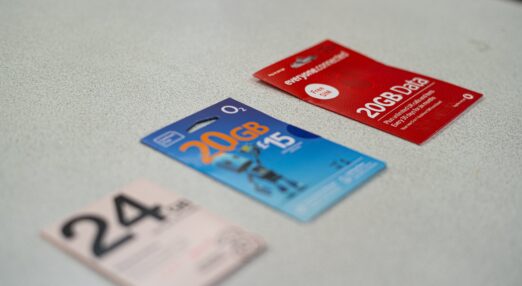The Data Poverty Lab
We set up the Data Poverty Lab with Nominet in 2021 to find sustainable solutions to data poverty. Together, we want to make the internet affordable for people on low incomes and free for people on very low incomes.
What is the Data Poverty Lab?
The internet is essential. It enables work, friendships, healthcare and more.
But for too many people, it is unaffordable, with 8 million households having problems affording communications services (Ofcom, 2021).
As the cost-of-living crisis bites and people prioritise energy and food, there is a real risk that people will be forced offline.
We set up the Data Poverty Lab with Nominet in 2021 to find sustainable solutions to data poverty.
Together, we want to make the internet affordable for people on low incomes and free for people on very low incomes.
What we're doing to make the internet more affordable
-
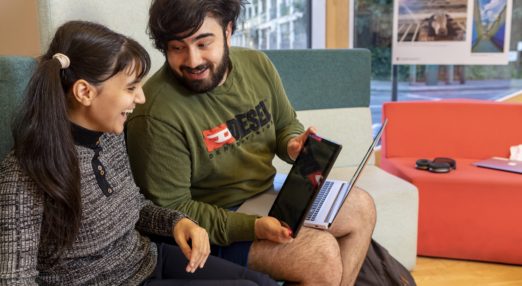
Supporting people with data connectivity (Broadband and mobile data)
This guide is for charities, community groups and organisations which reach and support people who are struggling to afford the internet because of poverty and the cost of living. It is especially for organisations which are not specialist providers of debt or money advice.
The Data Poverty Lab has built the foundations which will tackle unaffordable internet in the UK. We’ve done this by:
- Developing the UK’s first National Databank, supported by Virgin Media O2;
- Launching the Data Poverty Lab Fellowships scheme – to stimulate fresh thinking, advocacy and action on data poverty;
- Partnering with APLE Collective to co-design solutions with people with lived experience of data poverty;
- Supporting the APPG on Data Poverty for immediate policy action;
- Engaging senior leaders in national, regional, and local government.
Read the Data Poverty Lab Fellowship reports
-

Internet access: essential utility or human right?
Our society and economy are increasingly reliant on the internet. This report, written by Data Poverty Lab Fellow, Shade Nathaniel-Ayodele, argues that we need to reframe internet access...
-
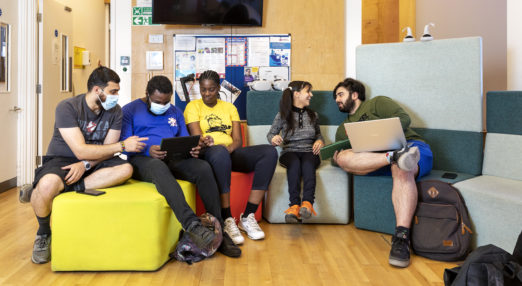
Danger of Missing Out: Data poverty, care experienced young people, and creative opportunities
Written by Data Poverty Lab Fellow, Dr Becky Parry, this long read explores data poverty in relation to care experienced young people and creative opportunities.
-
Local communities and the internet ecosystem: Scaling solutions to data poverty in the UK
Written by Data Poverty Lab Fellow, Kat Dixon, this report invites us to question the internet’s role in society, the potential for future technologies, and the necessity of...
Building a Minimum Digital Living Standard
What is the basic ‘basket’ of digital goods, services and skills that different households need in the UK to live in a digital world? In 2021, the Nuffield Foundation awarded a research grant for a ‘proof of concept’ study to establish a benchmark for a Minimum Digital Living Standard for households – starting with urban households with children.
The project is led by the University of Liverpool with Loughborough University, City University, Critical Research and Good Things Foundation. And, in Wales with funding from the Welsh Government, with Cwmpas and Digital Inclusion Alliance Wales to support research into a Minimum Digital Living Standard for Wales. Nominet is providing additional funding so young people’s perspectives are included.
Read more from the Data Poverty Lab
-
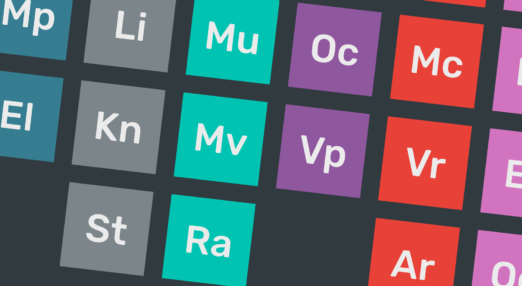
A periodic table of internet elements
A free resource to show how internet access is elemental to daily living in the UK, produced by Kat Dixon
-

CHESS: Co-defining what counts as a ‘good’ solution to data poverty
Our Policy and Research Officer, Tom McGrath, presents our findings from the Data Poverty Lab about what makes a 'good' solution to data poverty.
-

Towards solving data poverty
In this long read, our Director of Evidence and Engagement, Dr. Emma Stone, sets out the thinking which has shaped our approach to the Data Poverty Lab.
Partners
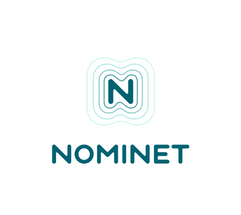
Nominet

